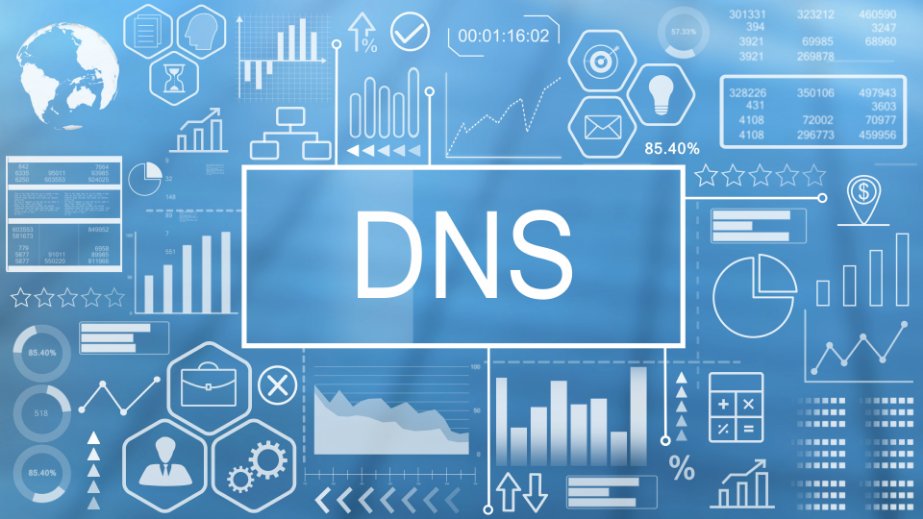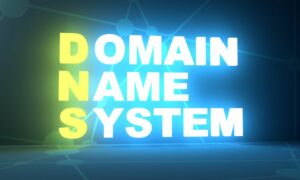Domain name system (DNS) is a very wide and complex topic. A lot can be said about it, and Anycast DNS is one of the many actors involved in this ‘movie’. DNS is the Internet’s backbone. Without DNS infrastructure, we couldn’t navigate as simply as we currently do. DNS is a context we must have to properly explain Anycast DNS.
What is DNS?
DNS is a name database used to translate names into IP addresses (numbers) for machines to locate domain names on the Internet. It works by matching domain names with their corresponding IP addresses every time we request websites through our browsers (if the IP is not in the cache already).
DNS makes things easier by allowing us to use easy, memorable names instead of memorizing multiple long sequences of numbers (IP addresses). What is it easier to remember? Example.com or its IP address 2021.0015.9855.0001? How many websites do you access daily? Imagine you writing 2021.0015.9855.0001, then 098.78.002.24, after 097.21.456.05, and so on.
Numerical language is totally fine for computers, not so practical for humans.
DNS is key for many processes we don’t see, but we use every day, like DNS resolution (response of requested sites), e-mail routing, virtual private network (VPN) connections, load balancing, etc.
What is Anycast DNS?
Anycast DNS is a communication type or routing method to send and receive data faster. With this method, one IP address can be put into many DNS servers located in different spots in the world. Any of them can respond to the request. The objective is that the server that is closest, in geographic terms, be the one responding. This definitely accelerates the responding process (DNS resolution).
How does Anycast DNS work?
Every time a device connects to the Internet, it establishes communication with a server using its IP address. In the most basic type of communication, this takes place in a one-to-one model. This is ok, and DNS resolution could work, but if just one server has the data (A or AAAA record) to respond and it is far, some requests will travel long paths to reach it. Or if the server is down, the response won’t be what the user expects. No one will answer the query.
When you choose Anycast DNS as your type of communication or routing method, you can put one IP address in multiple locations (DNS servers). Your communication model becomes many servers, all spread on different locations leading to the same IP address. That means DNS requests will be answered from the closest server. And if it is down, the query will go to the next closest, get the same answer, and shorten the waiting time.
Benefits of Anycast DNS
- Anycast is not hard to setup. You only configure it in one server, and such settings can be distributed to the whole network.
- It gives redundancy. Using a single IP address for the same domain on multiple servers increases the availability of your domain. Besides, this creates a reliable backup in case of a server’s failure. Your domain will remain up and accessible.
- It boosts connections’ speed. The closest DNS server responding to a request means a big advantage. It reduces the request’s trip and hops to reach a response. The reduction of latency is a great benefit. It will positively impact more aspects, like the user’s experience.
- It provides DDoS protection. Anycast works in a very similar way that DDoS mitigation alternatives do—a robust network of servers that can efficiently balance big loads of traffic. Servers won’t be overload easily. Besides, if a server goes down, others will keep working.
Conclusion
There are different routing methods. Anycast is absolutely an efficient choice to be considered. It can boost success’ possibilities for your business.


